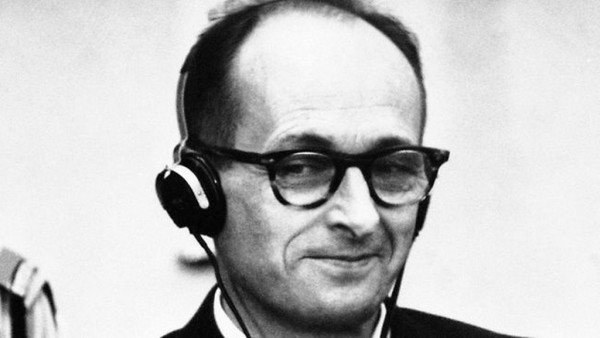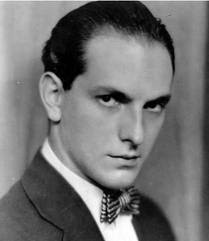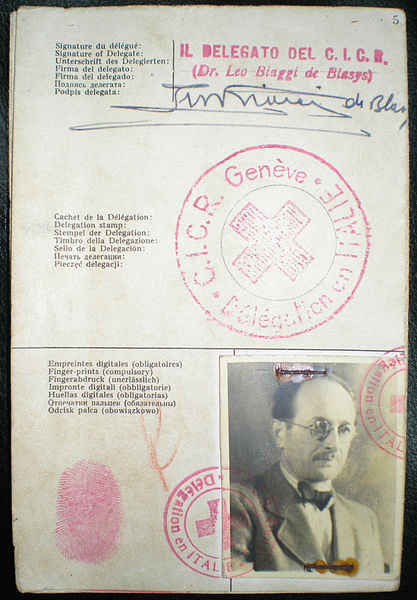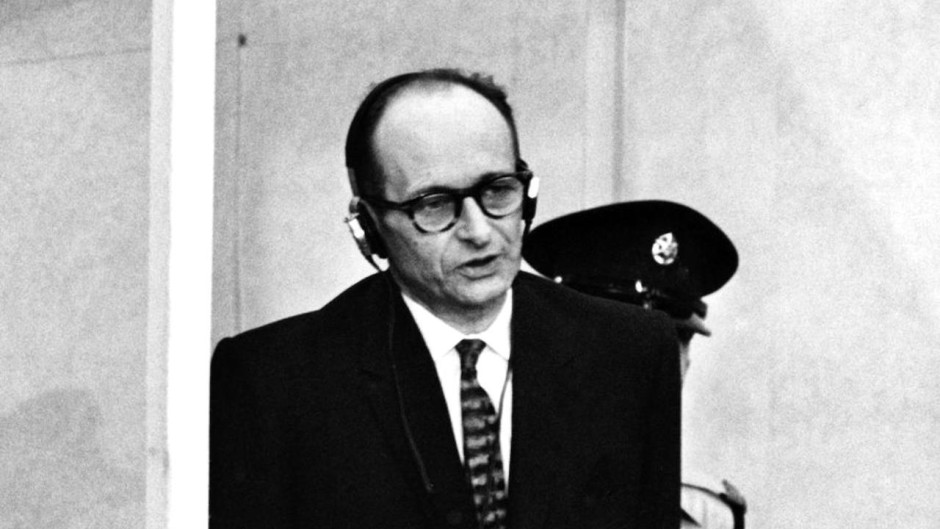On the eve of his execution in 1962, Nazi war criminal Adolf Eichmann brazenly requested a pardon from the state of Israel. In line with the defence strategy his lawyer had mounted at his trial in Jerusalem, Eichmann claimed he had been a minor functionary merely following orders.
“There is a need to draw a line between the leaders responsible and people like me forced to serve as mere instruments in the hands of the leaders,” he wrote in a letter in German. “I was not a responsible leader, and as such do not feel myself guilty.”

Israel’s Supreme Court rejected his absurd plea for clemency and Eichmann was hanged, his ashes scattered in the Mediterranean Sea.
Eichmann’s snivelling letter, which came to light after its release by Israeli President Reuven Rivlin on International Holocaust Remembrance Day on January 27, was so typical of the man.
Before his capture by Mossad agents in Buenos Aires in 1960, Eichmann — one of the principal organizers and implementers of the Holocaust — took full credit for his crimes against humanity. But once he found himself in Israel, knowing full well that his days as a mass murderer were numbered, he tried to present himself as a “small cog” in the machinery of genocide who should be treated with a measure of understanding.
Eichmann joined the Nazi Party in 1932, a year before Adolf Hitler’s accession to power in Germany. Working under Reinhard Heydrich, he attended the infamous Wannsee Conference of January 1942, a turning point in Germany’s murderous antisemitic campaign.
As a high-ranking SS officer, Eichmann played a key operational role in the deportation of European Jews to ghettos and extermination camps, leaving his footprints in Austria, Germany, Czechoslovakia and Poland. His biggest “triumph” was in Hungary toward the close of World War II. There, in cooperation with Hungarian fascists, he organized the transport of more than 400,000 Jews to Auschwitz-Birkenau.
Eichmann was enormously successful. Historians believe he was instrumental in the deaths of about 1.5 million Jews.
It’s debatable whether he was an ideological antisemite or an amoral careerist. It doesn’t really matter. What counts is that he performed his logistical task very efficiently.

In taped conversations with Dutch Nazi Willem Sassen in Buenos Aires in the late 1950s, Eichmann, then known as Ricardo Klement, openly acknowledged his pivotal role in the Holocaust, justified it and regretted he hadn’t “done more.” In this vein, he boasted he would “leap laughing into the grave.”
But after being abducted and brought to Israel to face justice, he changed his tune, masquerading as a faceless, unimportant official who had been nothing more than a bureaucratic “pencil-pusher.”
Archly cynical to the end, Eichmann was a shameless, unrepentant liar and dissembler who misled even his wife, Vera. Before leaving Europe with a Red Cross document in hand, he told her, “Vera, I just want to say one thing. My conscience and my hands are clean. I have not killed any Jews, or given a single order to kill. I want to tell you that.”

Quite possibly, Eichmann never fired a bullet that killed even one of his victims. There was no need for him to dirty his hands in such a crude fashion. Eichmann was a desk killer who managed the logistics of mass deportation. He did not formulate Nazi policy. He implemented it. He was an enabler. Without killers like Eichmann, the Holocaust would have been a gleam in Hitler’s eyes.
Contrary to his claim in Jerusalem, Eichmann was indeed one of those “responsible leaders” who made sure that the Final Solution was carried out to completion. Fully complicit in the unprecedented Nazi project to exterminate the Jews of Europe, he richly deserved the death penalty.
